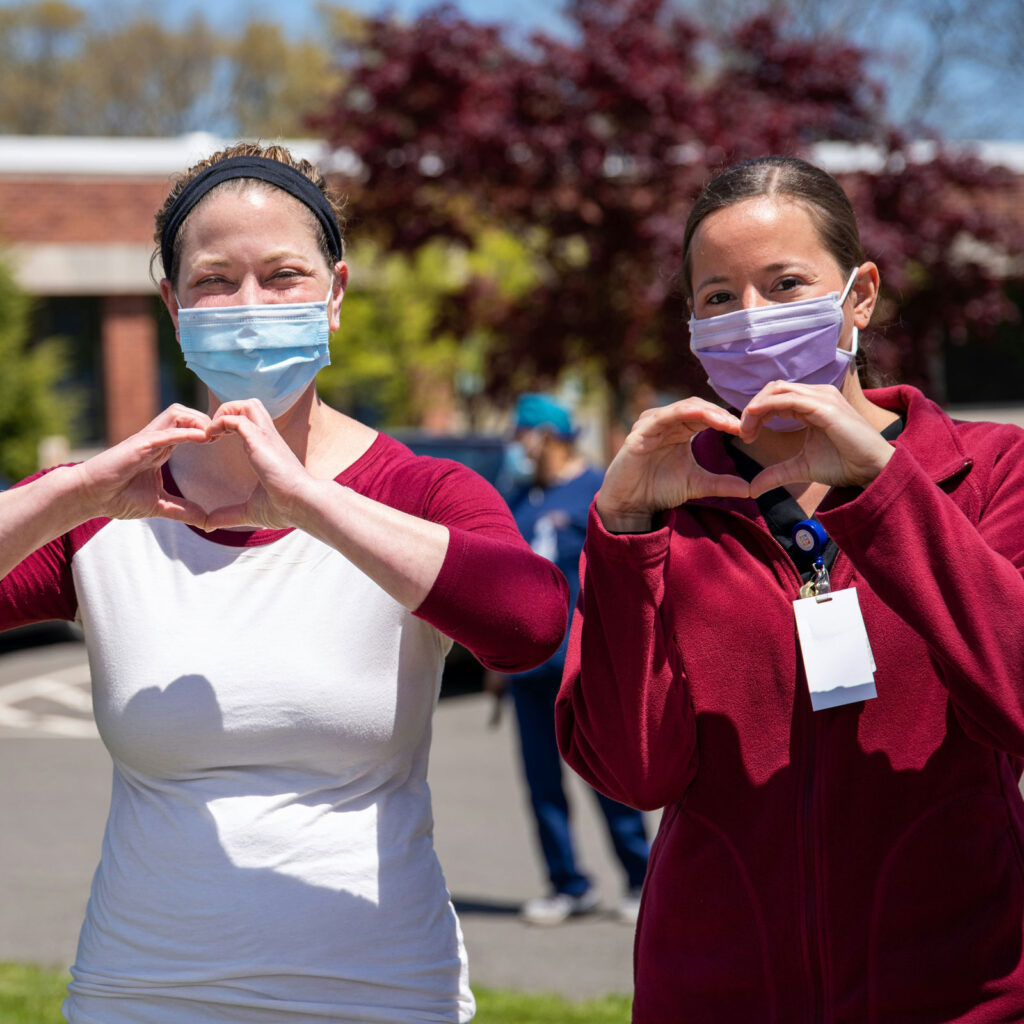“Best Case Scenario: Work On A Team!”
The question assumes that overseas healthcare missionaries are working alone, but that’s not always the case nor is it a good practice. Working in community with other professionals is healthiest and best provides a continuum of care, even when one medical professional has to leave the ministry site for home assignment.
Ministry done outside a North American or Western European context is best done in community, since most of the rest of the world belong to communal societies. When a lone ranger goes to serve somewhere, that individual is seen as an oddity (at best) or possibly unbalanced (at worst). The best situations are those where multicultural teams work together.
“Short-termers cover while full-timers are gone.”
In the ideal world, we’d like to raise up national healthcare workers in our place, however, this can of course take years.
If at all possible, casting vision with your mission agency to accept short term mission workers is crucial. This will likely also require budgeting to hire a translator and planning ahead to train the healthcare worker in cross cultural understanding as well as planning some overlap for on the ground training.
If a short term plan is in place, there are two approaches that can kind of feed into one another:
1) Encourage your team to recruit individuals who can commit to going annually to serve in the same mission location to allow missionaries a much-needed vacation (this will help them last longer as a healthy long term worker). The first time will likely take 1 month to get over jet lag, get situated, learn the local pathologies, get adjusted to the diagnostic tools that are or are not available, as well as the pharmaceuticals that are or are not available.
2) Try to pull from that same pool of people and others and encourage them to consider taking a sabbatical to serve for a season overseas. It will likely help them hone different skills and give them fresh perspective in their role back home. *Some practices are intentional to develop a system where every 4th year one of the partners is on sabbatical or serving overseas- consider developing this system among those you work with. The impact for sustained, flourishing healthcare mission workers will be incredible!
We’ve seen that the most effective recruiters for a missionary’s role often is the missionary or their coworkers at the same facility themselves. It’s always wise to consider who we know that could contribute and invite them to consider stepping into missions.






